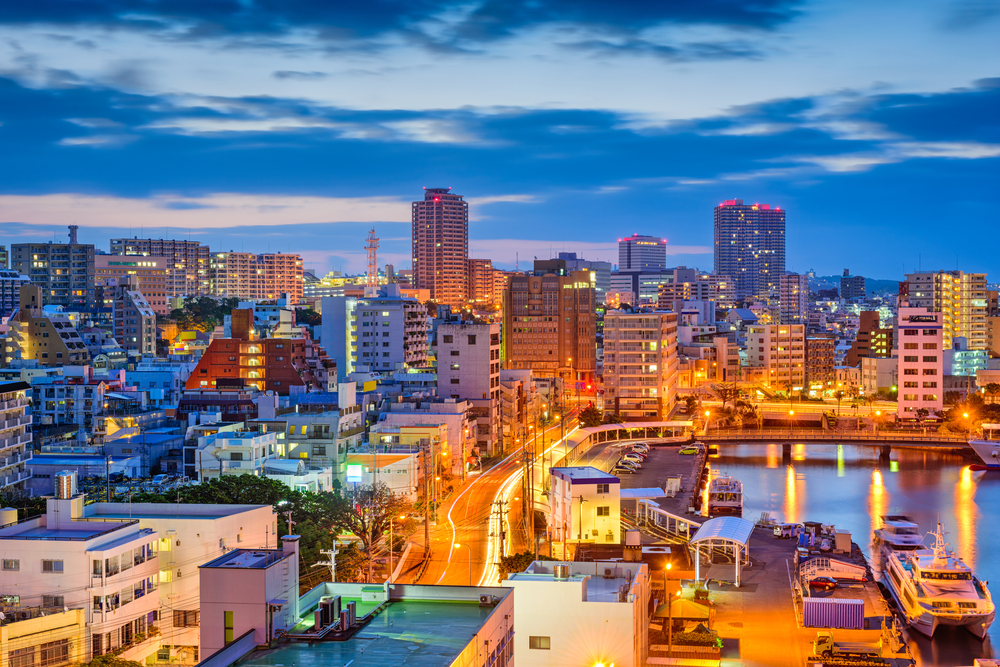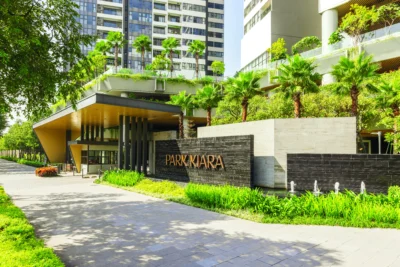Japan gets four straight years of land price rises
Famous Tokyo shopping district remains the country’s most expensive for three decades

Driven by the flurry of tourism into the country and robust activity in the office sector, Japan saw its land prices rise for a fourth year in a row in 2018, official figures showed.
Land prices in Japan on average rose 1.3 percent in 2018, up from 0.7 percent in 2017, data from the National Tax Agency revealed.
The rise appears to “reflect brisk demand for infrastructure and urban redevelopment projects” as well as the impact of low interest rates on housing, the agency explained via Reuters.
Plots in Tokyo remain among the most sought-after, with land in Ginza climbing to a record JPY45.6 million (USD423,500) per square metre.
More: Japan’s niche real estate sectors are enticing investors
This marks the 34th consecutive year the famed shopping district has been dubbed Japan’s most expensive land. However, the increase in Ginza last year was just 2.9 percent, compared with an increase of 9.9 percent the previous year.
Among prefectures, Okinawa had the fastest-growing land prices, accelerating 8.3 percent last year to Tokyo’s 4.9 percent.
Within Okinawa, a prefecture riding on an ongoing tourist boom, the city of Naha saw the price of one block hit JPY1.03 million per square metre last year, a staggering 39.2 percent increase.
The tax agency’s survey culled data from 320,000 plots all over the archipelago.
Recommended
Park Kiara in Hanoi raises the bar for sustainable urban living
Park Kiara in Hanoi is a repudiation of low-density, car-dependent suburban sprawl
6 reasons Bekasi is rising as Greater Jakarta’s next hotspot
One of Greater Jakarta’s rising stars is prospering, thanks to ample recreation and a contingent of desirable housing projects
6 developments driving Asia’s green real estate shift
Developers are being incentivised to push a green agenda into daring new realms
The Philippines’ LIMA Estate drives sustainable industrial growth
LIMA Estate models a citywide vision that uplifts workers while appealing to climate-conscious employers






